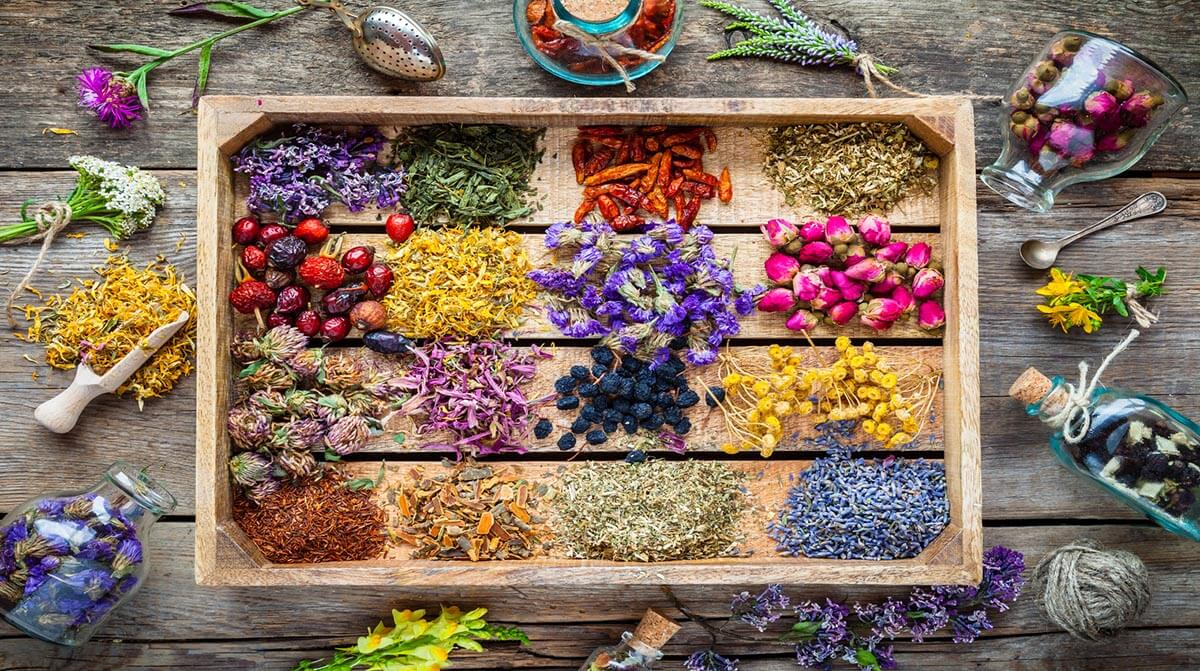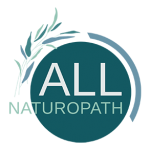What is Herbal
Medicine?
The study or practice of the medicinal and therapeutic use of plants; herbalism.
Herbal medicine has been used for thousands of years and is the oldest and most widely used system of medicine in the world. Herbal medicine is sourced exclusively from plants and has evolved into the modern era with validation from scientific investigation. Most modern pharmaceutical medications are made using biologically active compounds derived from plants.
Western Herbal Medicine uses plants and other plant material to create medicines that treat disease, and enhance health and wellbeing. The plants used are traditionally grown in Europe, North America and Asia.
Chinese herbal medicine (CHM) and western herbal medicine (WHM) share many similarities. The main difference lies in the philosophy, CHM is based on the “Qi” - the flow of energy around the body and believe that disease and dysfunction occur when the Qi is blocked somewhere in the body. CHM practitioners believe that mental health, as well as the environment in which one lives and works impacts health and bodily function. Another point of difference is CHM practitioners preferring herbal formulas where the herbs work together synergistically to treat the root cause of imbalance and the various patterns of disease in the body. Traditionally, WHM treats symptoms based on a single remedy or herb.
What is herbal medicine used for?
Herbal medicine can be used to help prevent disease by strengthening the body and supporting the body’s innate ability to heal itself when supported to do so.
Herbal medicine can help with preventing, alleviating and improving conditions such as:
- respiratory conditions
- digestive disorders
- sleep difficulties
- headaches
- menstrual problems
- fatigue

Herbal medicine aims to return the body to a state of natural balance so that it can heal itself. Different herbs act on different systems of the body.
Some herbs that are commonly used in herbal medicine, and their traditional uses, include:
-
Echinacea
Used to boost the immune system
-
Dong quai (dang gui)
Used to help reduce the symptoms of premenstrual tension, menopause and period pain
-
Garlic
Used for its antibiotic and antiviral properties to fight respiratory infections
-
Ginger
Used in the treatment of nausea associated with motion sickness and morning sickness
-
Evening primrose oil
Beneficial for PMS, menopause, PCOS, breast pain, inflammation and mild skin conditions
-
Ginkgo biloba
Commonly used to boost brain health
-
Ginseng
Used to treat post illness fatigue and help reduce blood pressure and cholesterol levels
-
Hypericum perforatum
Commonly known as St John’s Wort. Studies have suggested that St John’s Wort is just as effective as some pharmaceutical antidepressants in treating mild to moderate depression. It is also used for anxiety and insomnia
-
Tumeric
Used for its anti inflammatory properties, preventing DNA mutations and skin conditions
-
Chamomile
Proven useful for anxiety, stress and insomnia
- Naturopathy Consultation
- Nutritional Medicine Consultation
- Herbal Medicine Therapy
- Dietary Analysis
- Iridology Consultation and Report
